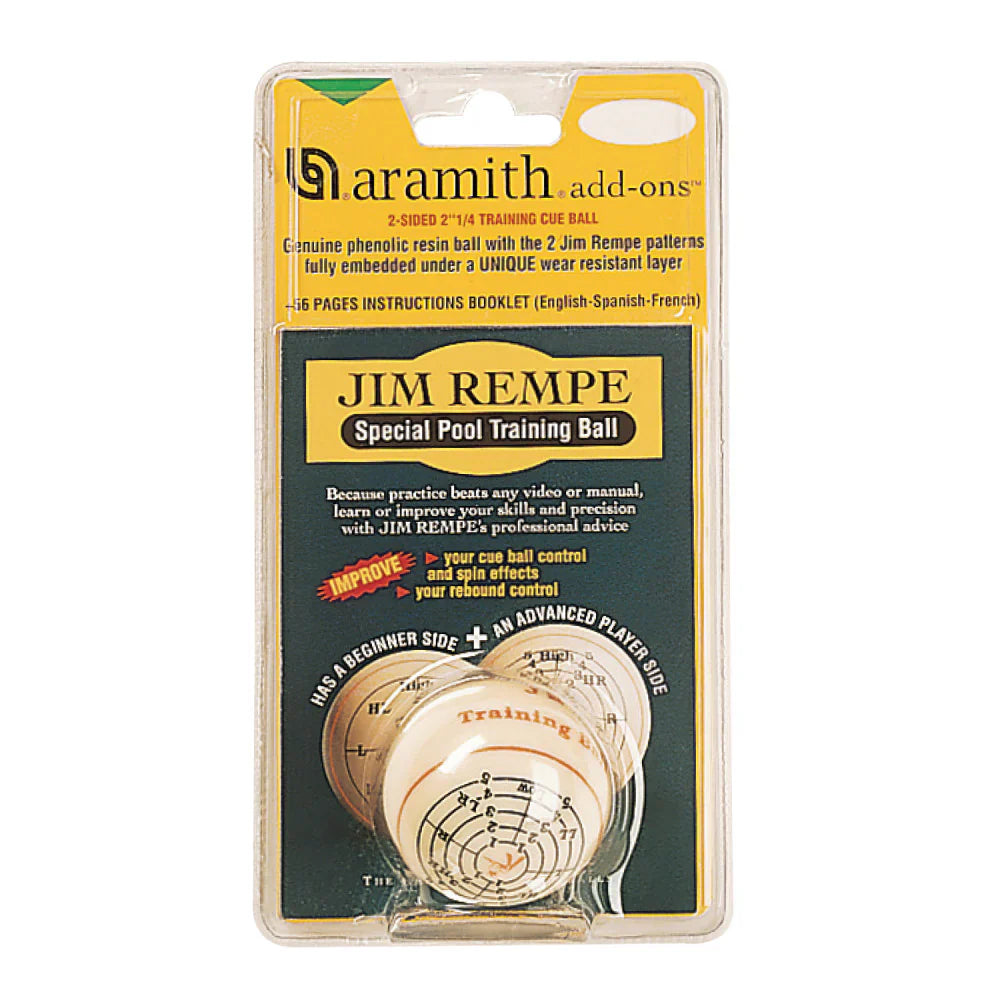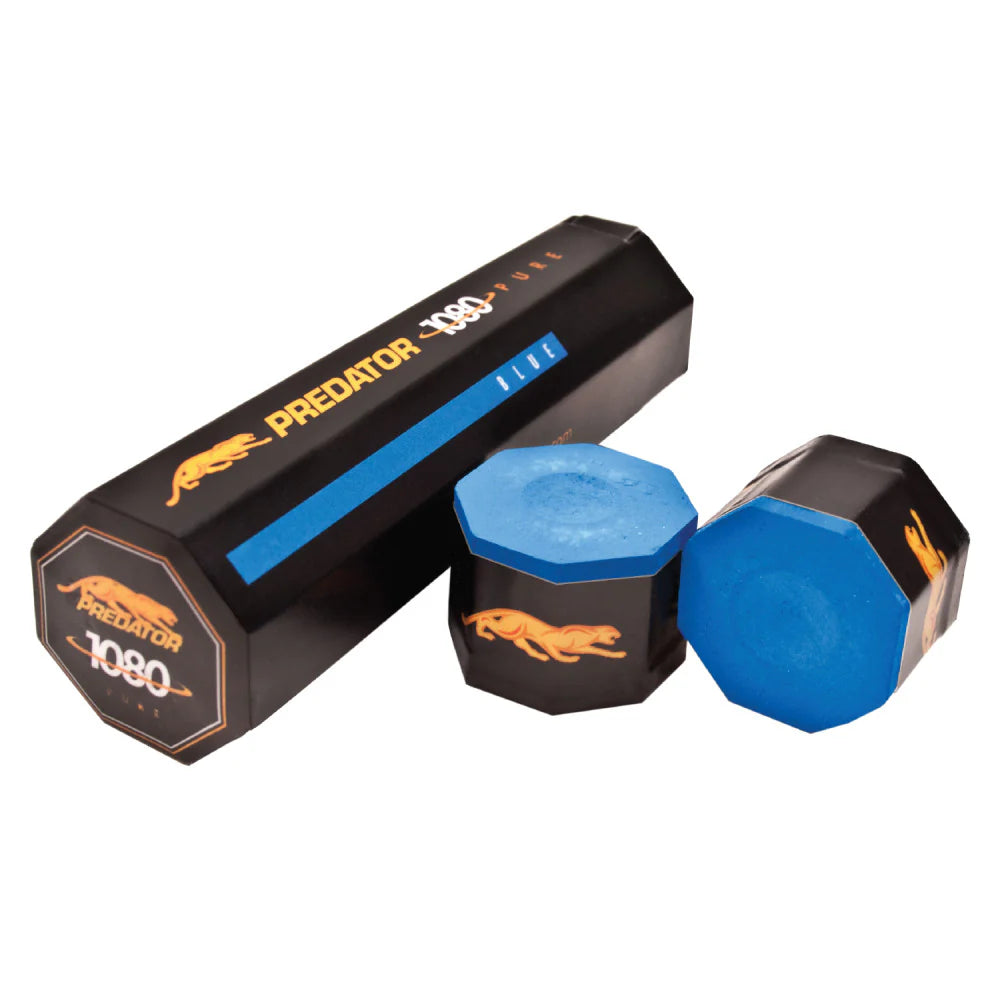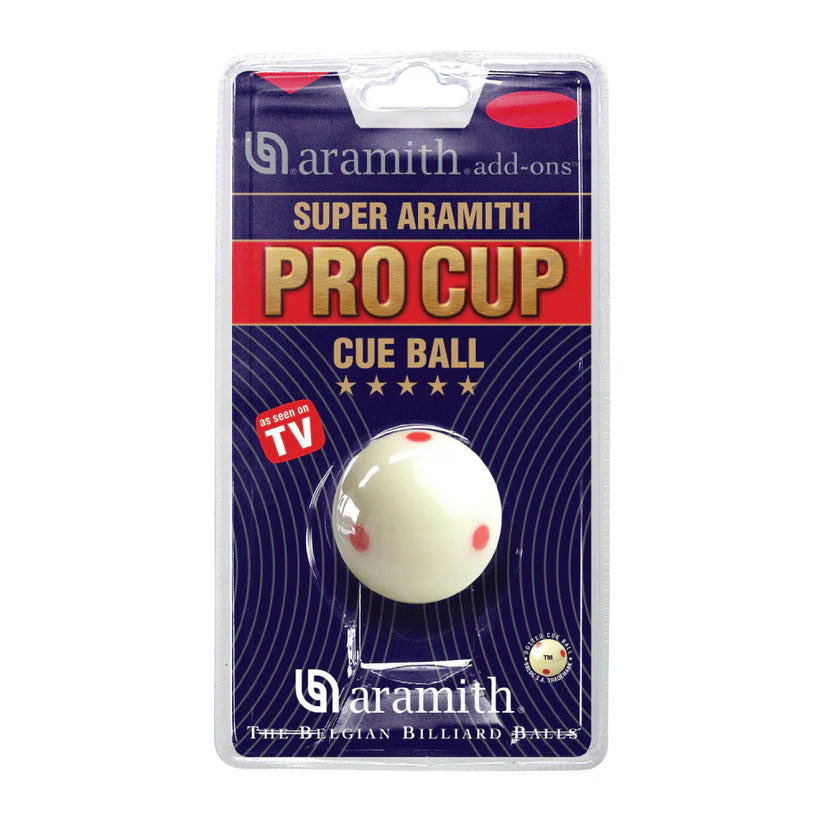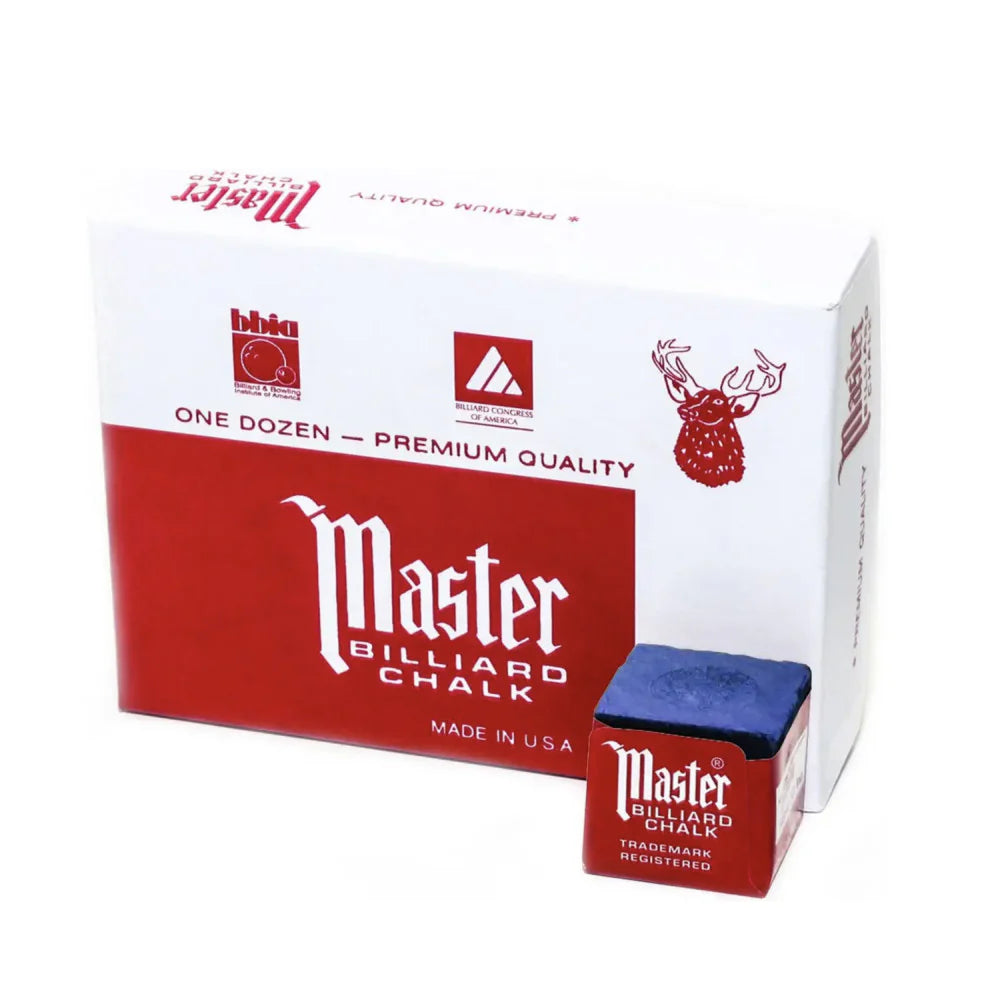When it comes to playing billiards, having the right pool cue can make all the difference. Whether you're a beginner just starting out or a seasoned player looking to upgrade your equipment, selecting the perfect cue is essential for improving your game. In this comprehensive pool cue buying guide, we'll walk you through everything you need to know to make an informed decision. From understanding the different components of a cue to choosing the best pool cue for beginners, we've got you covered.
Understanding Pool Cue Anatomy
Before diving into how to choose a pool cue, it's important to understand the various components that make up a cue. Knowing these parts will help you make a more informed choice and understand what to look for when shopping for your new cue.
- Butt: The butt is the thicker, heavier end of the cue that you hold. It often features decorative inlays and wraps for better grip.
- Shaft: The shaft is the long, tapered part of the cue that connects to the butt. It is typically made of wood or fiberglass.
- Tip: The tip is the small, round piece at the end of the shaft that makes contact with the cue ball. Tips come in different hardness levels, affecting control and spin.
- Ferrule: The ferrule is a small piece located just below the tip that helps absorb impact and prevent the shaft from splitting.
- Joint: The joint is where the butt and shaft connect. It can be made of various materials and affect the cue's feel and performance.
Factors to Consider When Choosing a Pool Cue
Now that you understand the basic anatomy of a pool cue, let's explore the key factors to consider when selecting the perfect cue for your game.
1. Weight
Cue weight is one of the most crucial aspects to consider. Pool cues typically range from 17 to 21 ounces. The best weight for you depends on your personal preference and playing style.
- Lighter Cues (17-19 ounces): Ideal for players who prefer more finesse and control. Lighter cues are easier to maneuver and are often recommended for beginners.
- Heavier Cues (20-21 ounces): Suitable for players who rely on power and force. Heavier cues can provide more stability and are often used by experienced players.
2. Length
Most pool cues are around 58 inches long, which suits most adult players. However, if you are particularly tall or short, you may need a longer or shorter cue. Junior cues, which are around 48 inches long, are perfect for children or shorter individuals.
3. Tip Hardness
The tip of the cue can greatly influence your control over the cue ball. Tips come in soft, medium, and hard varieties.
- Soft Tips: Provide better control and spin but wear out faster. They are great for finesse shots and are often preferred by advanced players.
- Medium Tips: Offer a balance between control and durability. They are versatile and suitable for most players.
- Hard Tips: Last longer and are ideal for powerful shots, but they offer less control. They are often used for break cues.
4. Shaft Material
The material of the shaft can affect the cue's performance and feel.
- Wood: The most common material, offering a natural feel and good performance. Maple is a popular choice due to its durability and smoothness.
- Fiberglass/Graphite: These materials are more resistant to warping and can offer a smoother, more consistent stroke. They are great for players who want low maintenance.
5. Joint Type
The joint connects the shaft and the butt of the cue. The type of joint can impact the cue's feel and balance.
- Wood-to-Wood Joint: Provides a softer hit and a more traditional feel.
- Metal Joint: Offers a harder hit and can add a bit of weight to the cue.
6. Wrap
The wrap on the butt of the cue affects your grip and comfort.
- No Wrap: Offers a smooth feel and is preferred by players who like a slick grip.
- Irish Linen: Provides a comfortable grip and absorbs moisture, making it a popular choice.
- Leather: Offers a luxurious feel and good grip but can be more expensive.
Best Pool Cues for Beginners
If you're new to billiards, finding the best pool cue for beginners is essential to help you develop your skills. Here are some top recommendations from reputable brands like Players, Pure-X, Lucasi, and Rage:
1. Players HXT15
- Weight: 18-21 ounces
- Tip: Kamui Black soft tip
- Shaft: Low-deflection technology
- Features: This cue offers excellent control and a low-deflection shaft, making it easier for beginners to learn and improve their game.
2. Pure-X HXTE5
- Weight: 18-21 ounces
- Tip: Kamui Black soft tip
- Shaft: Low-deflection shaft
- Features: Known for its precision and control, the Pure-X HXTE5 is great for beginners who want to enhance their accuracy.
3. Lucasi Custom LZ2000SP
- Weight: 18-21 ounces
- Tip: Tiger Everest tip
- Shaft: Zero Flexpoint low-deflection shaft
- Features: This cue combines high performance with beautiful design, offering both style and functionality for new players.
4. Rage Heavy Hitter
- Weight: 25 ounces
- Tip: Phenolic tip
- Shaft: Hard rock maple
- Features: While heavier than most beginner cues, the Rage Heavy Hitter is perfect for those wanting to focus on powerful break shots.
5. Players C-604
- Weight: 18-21 ounces
- Tip: Le Pro tip
- Shaft: Hard rock maple
- Features: This cue offers a classic feel with modern performance enhancements, making it a reliable choice for beginners.
Tips for Trying Out Pool Cues
Before making a purchase, it's a good idea to try out a few different cues to see which one feels best for you. Here are some tips for testing pool cues:
- Visit a Local Pool Hall: Many pool halls have a variety of cues available for rent or borrow. Spend some time trying different weights and styles.
- Ask for Recommendations: If you know experienced players, ask them for their recommendations and try their cues.
- Check Return Policies: When buying online, check the return policy to ensure you can return or exchange the cue if it doesn't feel right.
Conclusion
Choosing the perfect pool cue for your game involves understanding the different components and considering factors such as weight, length, tip hardness, shaft material, joint type, and wrap. Whether you're a beginner or an experienced player, the right cue can significantly enhance your performance and enjoyment of the game.












